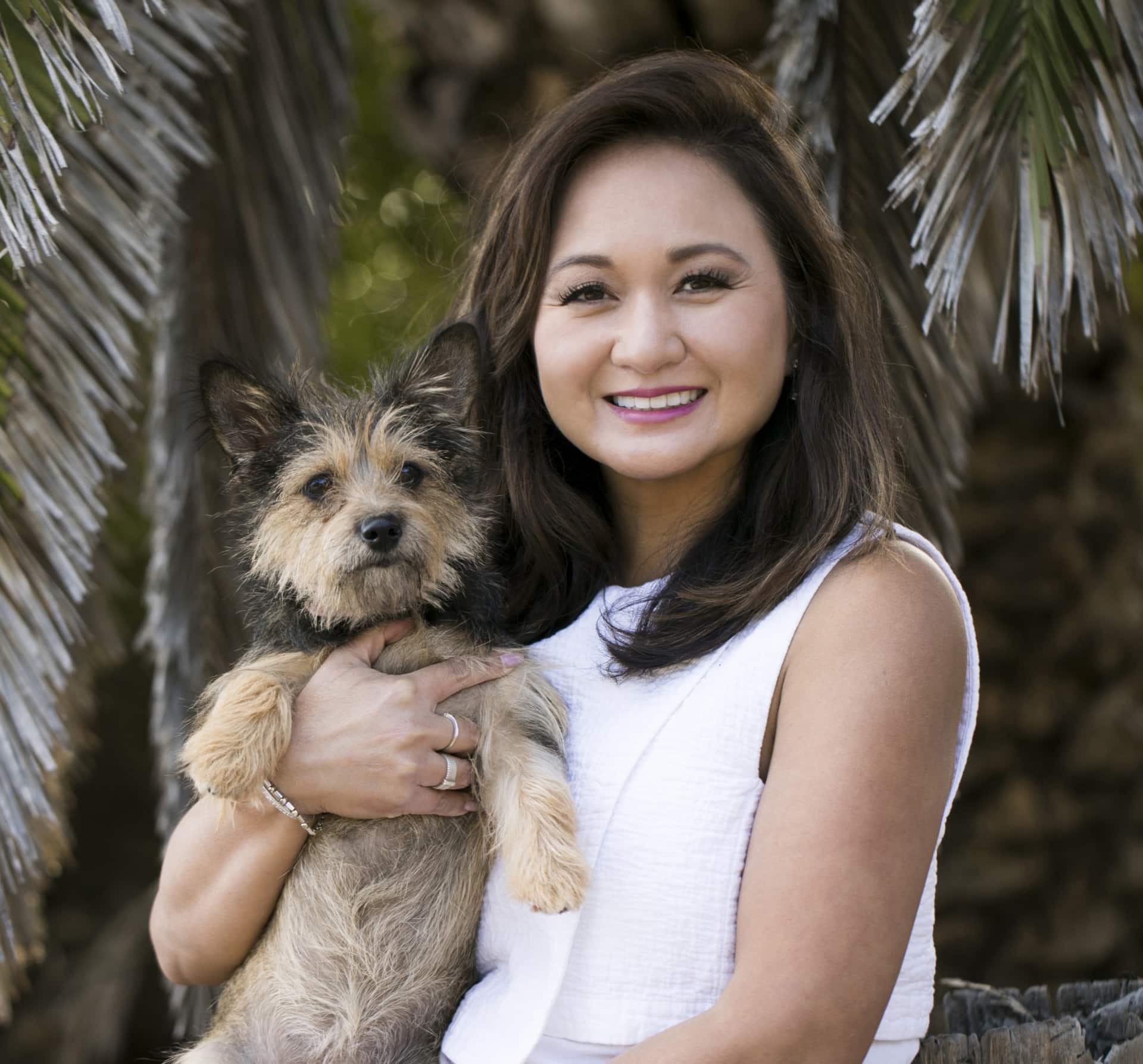As a pet parent, you want to do everything you can to protect your furry family members. Vaccinations are one of the most effective tools we have to prevent serious illness in both dogs and cats. At Rosecrans Veterinary Clinic in Hawthorne, CA, we believe preventive care is the foundation of a healthy life—and vaccines play a central role.
Whether your pet is a playful puppy, a curious kitten, or a calm senior companion, staying up to date on vaccinations ensures they’re protected from diseases that could otherwise be life-threatening. Dr. McCoy and our experienced veterinary team are here to guide you through every stage of your pet’s veterinary care, with compassion, clarity, and respect.
This Article Will Address:
- Why vaccines are vital for your pet’s long-term health
- How vaccines actually work in your pet’s immune system
- Which core vaccines are recommended for dogs and cats in Hawthorne
- How often your pet needs to be vaccinated
- Benefits of vaccinating your pet
- Why senior pets still need vaccines
- Why Hawthorne pet owners trust Rosecrans Veterinary Clinic
Why Are Vaccinations Important for Pets?
Vaccines are a safe and essential way to prevent dangerous diseases before they strike. They work by helping your pet’s immune system recognize and fight off viruses and bacteria—often before symptoms even appear.
Vaccinating your pet also helps protect your entire community. When a high percentage of animals are vaccinated, it becomes much harder for diseases to spread—a concept called herd immunity. This is especially important for pets who are too young or too ill to receive vaccines. It’s also a key reason vaccines like rabies are legally required—they protect humans as well as animals.
How Do Vaccines Work to Protect My Pet’s Health?
Vaccines introduce a safe version of a virus or bacteria—either weakened or inactive—into your pet’s body. This doesn’t cause illness, but it does train their immune system to recognize the disease and respond quickly if they’re ever exposed.
Here’s how that process works:
- The immune system produces antibodies in response to the vaccine.
- These antibodies “remember” the disease.
- If your pet encounters the real version of the virus later, their immune system responds much faster and more effectively.
There are two main types of vaccines:
- Core vaccines: Essential for all pets, regardless of lifestyle.
- Non-core vaccines: Recommended based on individual risk factors like travel, exposure to wildlife, or time spent around other animals.
Which Vaccinations Are Essential for Dogs and Cats in Hawthorne, CA?
Core Vaccines for Dogs:
- Rabies – Legally required; fatal and transmissible to humans.
- DHPP – Protects against Distemper, Hepatitis, Parvovirus, and Parainfluenza.
- Bordetella (Kennel Cough) – Recommended for dogs that visit boarding, daycare, or grooming facilities.
- Leptospirosis – A bacteria found in standing water, more common in warm climates like Southern California.
Core Vaccines for Cats:
- Rabies – Equally important for indoor and outdoor cats.
- FVRCP – Combats Feline Viral Rhinotracheitis, Calicivirus, and Panleukopenia.
- FeLV (Feline Leukemia) – Recommended for kittens and cats that spend time outdoors or around other cats.
How Often Should Pets Be Vaccinated?
The timing of your pet’s vaccines depends on their age, health, and lifestyle. At Rosecrans Veterinary Clinic, we build custom vaccine plans for every pet. Here’s a general guide:
- Puppies & Kittens: Start vaccinations at 6–8 weeks old, with boosters every 3–4 weeks until 16 weeks of age.
- Adults: Most core vaccines require a booster after one year, then every 1–3 years.
- Senior Pets: Risk-based approach; some may need fewer vaccines while others still require full protection.
We’ll work closely with you to develop the safest and most effective schedule for your pet.
Are There Any Benefits Associated with Pet Vaccinations?
Absolutely. Vaccinating your pet offers a number of important benefits:
- Protection against serious illness like parvovirus, distemper, or rabies
- Lower long-term costs by avoiding emergency treatment
- Compliance with travel, boarding, and grooming requirements
- Peace of mind knowing your pet is safe and healthy
Vaccines are a simple act of love that can save your pet’s life.
Do Senior Pets Need Vaccinations?
Yes—older pets are often more vulnerable, not less.
While your senior pet may not need the same frequency of vaccines as they once did, continued protection is still important. Their immune systems can weaken with age, making them more susceptible to illness.
We may also recommend vaccine titers, which are blood tests that check for existing immunity. This helps us avoid over-vaccination while still ensuring your pet stays protected.
Why Choose Rosecrans Veterinary Clinic for Pet Vaccinations?
At Rosecrans Veterinary Clinic, your pet’s well-being is our mission. Here’s what sets us apart:
- Led by Dr. McCoy, a dedicated veterinarian certified by the ECFVG and affiliated with AVMA, CVMA, and SCVMA
- A culture of compassion, tenacity, and respect for pets and their families
- Easy online booking for your convenience
- Extended weekday hours to accommodate busy schedules
- Trusted by Hawthorne families for quality preventive care
We don’t just vaccinate your pet—we care for them as if they were our own.
Book Your Pet’s Vaccination Appointment Today
Protect your pet’s health and happiness with expert care at Rosecrans Veterinary Clinic in Hawthorne, CA. Whether you’re welcoming a new puppy, updating your cat’s boosters, or caring for a senior pet, we’re here to help every step of the way.
Give us a call to schedule your appointment today! Let’s give your pet the protection they deserve.
Sources:
- American Veterinary Medical Association (AVMA)
- Centers for Disease Control and Prevention (CDC)
- Cornell Feline Health Center

Meet Dr. McCoy
Dr. Rochelle McCoy, DVM, is the owner of Rosecrans Veterinary Clinic in Hawthorne, CA. A dedicated vet with a passion for compassionate, community-focused care, she understands the deep bond between pets and their families. Having earned her veterinary degree in 2004, Dr. McCoy is fluent in English and Tagalog, making her a trusted resource for pet owners of diverse backgrounds. She is committed to ensuring every pet receives personalized, high-quality care. A member of the AVMA, CVMA, and SCVMA, she stays at the forefront of veterinary medicine. Outside the clinic, she cherishes time with her family and pets, embodying the same love for animals that she sees in her clients every day.

